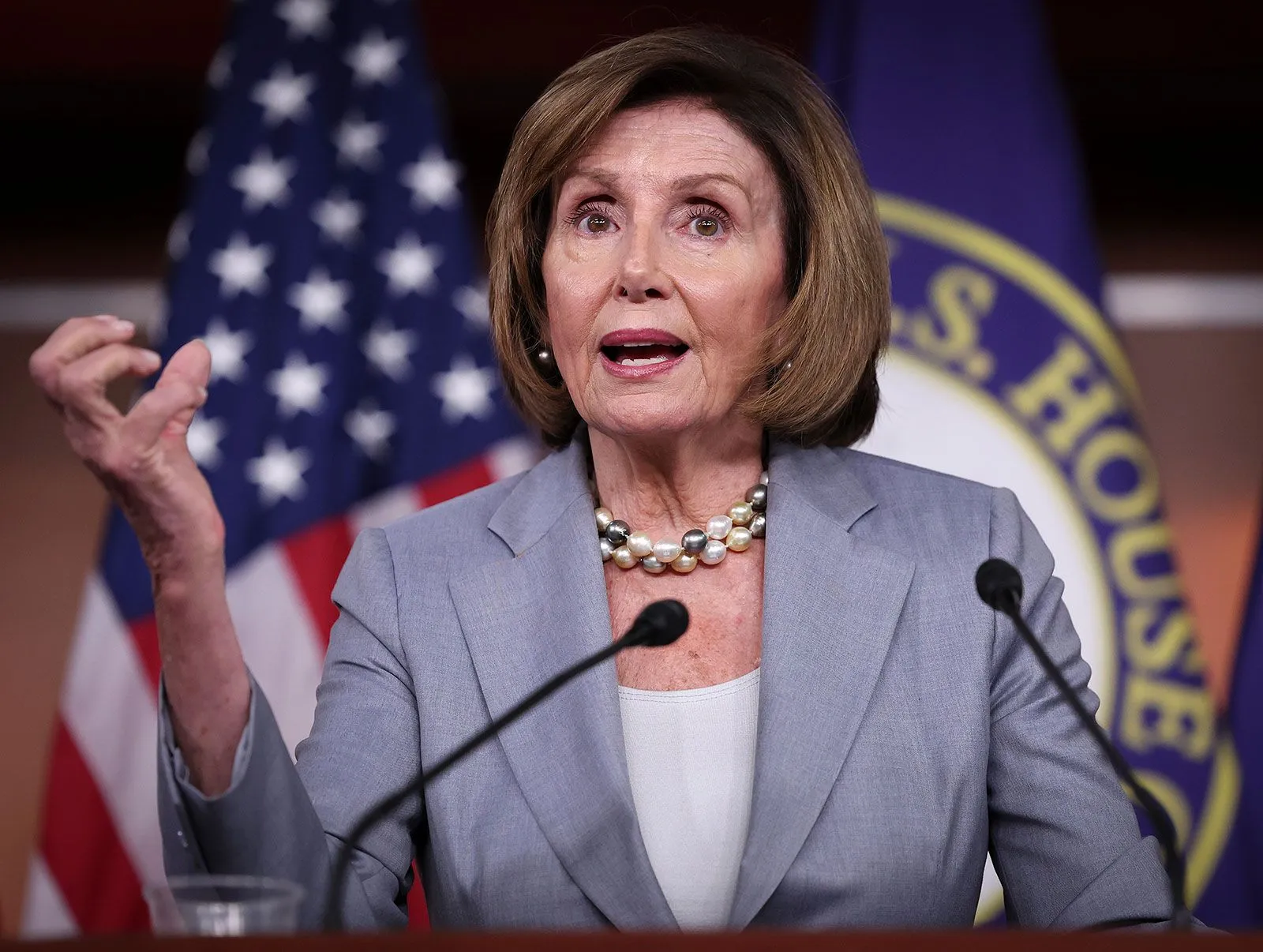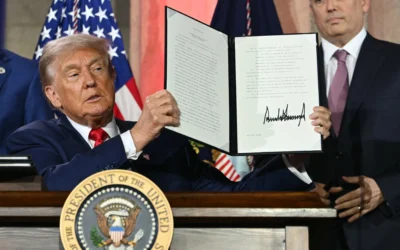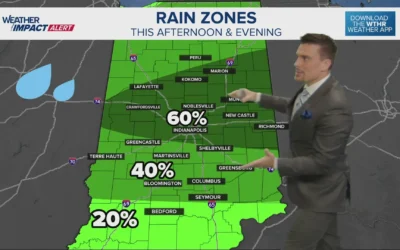The Epstein Files: A Political Flashpoint for Lawmakers and Democrats
In recent weeks, the release of documents related to the infamous Jeffrey Epstein scandal has sent shockwaves through the political landscape, with many lawmakers, especially Democrats, looking for ways to leverage this moment in their favor. The ramifications of Epstein’s actions and his network of powerful connections have rekindled public interest and declared the necessity of accountability from public figures involved in the scandal.
Questions that Follow Lawmakers Home
As the files continue to emerge, they have redirected the energy of political discourse, extending far beyond the walls of Congress. Lawmakers find themselves not only under scrutiny but also harassed by constituents demanding transparency and accountability. It’s a situation that has escalated into a political tightrope walk.
Reports indicate that several lawmakers have become targets of investigation as their names have surfaced in relation to Epstein. This has raised urgent questions: What did they know? When did they know it? And how deep are the connections between Epstein and key political figures?
In a political arena rife with controversy, the Epstein files have reached a fever pitch. Multiple media outlets have reported that individuals are calling for investigations into those lawmakers who had associations with Epstein, raising the possibility of political repercussions and possible casualties within the ranks of elected officials.
Democrats Aim to Capitalize on the Epstein Uproar
Amid the chaos, Democrats see an opening to capitalize on the uproar surrounding the Epstein files. As public outrage grows about the scandal, party leaders are strategizing over how to transform this situation into a rallying point for their agenda—most notably, the fight against former President Donald Trump.
Senior party officials recognize the perilous nature of the Epstein revelations, understanding that they could undermine the credibility of various lawmakers but also offer a unique tool for rallying Democratic voters ahead of upcoming elections. As they sift through the fallout, party strategists are keen to depict themselves as advocates for justice and accountability.
This positioning resonates well with their base, which is increasingly weary of those implicated in scandals that benefit from wealth and influence. Political analysts have opined that Democrats might utilize the scandal to frame themselves as the anti-corruption party, attempting to draw a firm line between their values and the moral ambiguity ascribed to Trump and his allies.
Ro Khanna’s Perspective on the Potential of the Epstein Files
Among the ranks of lawmakers discussing the implications of the Epstein files is Representative Ro Khanna. He has emerged as a prominent voice advocating for the strategic utilization of the Epstein scandal in the Democrats’ broader narrative against Trump.
Khanna argues that the Epstein files could serve as potent ammunition in the Democrats’ toolset to effectively fight Trump. In a recent interview, he highlighted the parallels between the corruption associated with Epstein’s elite connections and the business dealings Trump has engaged in throughout his career, particularly citing the moral high ground Democrats could claim in contrast.
“The Epstein files expose the deep-seated corruption that exists in our political system, and if we don’t begin to confront that, we risk losing the faith of our constituents,” Khanna stated. His assertion underscores a radical shift in Democrats’ philosophical approach to political combat, hoping to leverage the Epstein controversy as a means of consolidating their narrative and outreach.
The Public’s Reaction: Outrage and Demand for Action
The public reaction to the Epstein files has been largely one of outrage, combined with a demand for accountability from public officials. Many citizens have taken to social media platforms to voice their concerns, demanding transparency from their representatives and questioning officials’ ties to Epstein.
Activists are organizing campaigns aimed at holding lawmakers accountable, suggesting that if they had prior knowledge of Epstein’s actions or the extent of his connections, they should face consequences. Public figures—especially those representing the Democratic Party—are under the spotlight, as they work to balance condemning the scandal without opening themselves to culpability.
The Potential Political Fallout
As the scandal unfolds, the potential for political fallout looms large. Should any evidence come to light linking lawmakers to Epstein in a more damaging way than mere association, we could witness political casualties as incumbents scramble to distance themselves from the scandal.
For Republicans, the perception that their party has been intertwined with Epstein could become a substantial hurdle in their campaigns. Democrats, a party seeking to reestablish itself as a moral authority, are poised to pounce on any signs of hypocrisy or corrupt practices that could justify the calls for change.
Lessons Learned from Previous Scandals
The Epstein case also serves as a reminder of how previous scandals have reshaped the political landscape. Reflections on the Bill Clinton Monica Lewinsky scandal illustrate how politically charged narratives can impact elections. As the stakes rise, both parties must acknowledge the climate of heightened scrutiny that accompanies such revelations.
For Democrats, previously drawn lessons compel them to ensure their narratives stay disciplined, avoiding any internal conflicts that could dilute their messaging—given how detrimental mixed signals can be in contentious electoral battles.
A New Political Battleground
In the coming months, the newly emerged Epstein files are likely to become a battleground between political parties and candidates. As Democrats look to brand themselves in opposition to Trump, the use of these files will be pivotal in framing their messaging and galvanizing voters.
Ultimately, the challenge remains in how to transform a scandal into tangible political change that resonates with voters while ensuring all involved are held accountable. The Epstein scandal has ignited discussions surrounding accountability among the elite and served as a reminder that voters are vigilant about honesty and integrity—qualities they demand from their leaders.
Conclusion: A Call for Integrity
As investigations into Jeffrey Epstein’s connections continue to unravel, lawmakers must brace for the storm of scrutiny. Public expectations are rising, with a demand for accountability that transcends individual parties and political ideologies.
Democrats are considering how to best utilize this moment to reclaim their narrative while combating an adversary who has historically thrived on controversy. The lessons learned from Epstein’s fallout may guide future strategies, but they ultimately point toward a pressing necessity—the call for integrity and transparency from all political figures. Each moment in the fallout offers a vital opportunity for lawmakers to reflect on their commitments to their constituents, reminiscent of the growing demand for a political landscape defined by accountability.
The journey ahead is fraught with challenges, yet it also holds the promise of reshaping political discourse within the United States in ways that could empower voters and redefine expectations for public officials.







